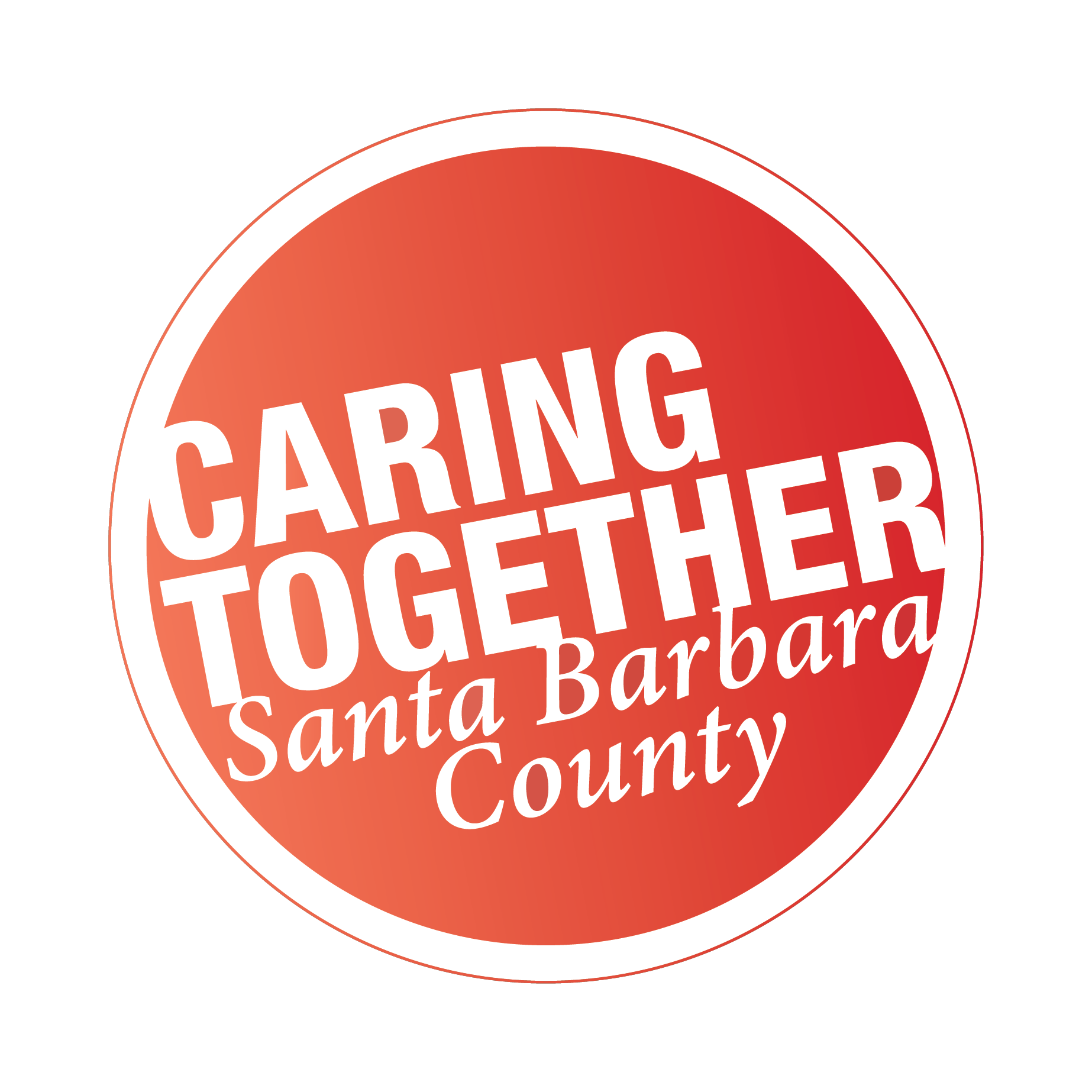As our loved ones age, their vulnerability to scams and fraud increases. Whether through phone calls, emails, or even in-person interactions, scammers often target the elderly due to perceived vulnerabilities.
June 15th is World Elder Abuse Awareness Day, an opportunity for all of us to promote dialogue and action on the issue of elder abuse, neglect, and exploitation. Protecting our elderly parents and loved ones from falling victim to scams is crucial step in preventing exploitation. In this blog post, we’ll explore some practical tips and strategies to help safeguard them from various scams.
Educate Yourself, and Them, About Common Scams
Financial exploitation is drastically increasing. Americans lost over $10 billion dollars to scammers last year. Typical scams targeting the elderly include fake lottery winnings, phishing emails, grandparent scams, and fake charity solicitations.
Santa Barbara County is not immune to what’s happening nationwide and has even resulted in people losing everything and becoming homeless. Take the time to educate your elderly loved ones about these common scams and how they operate. Emphasize the importance of skepticism and encourage them to verify any suspicious requests before taking any action.
Deputy District Attorney Vicki Johnson cautions people to watch for these five red flags…
- Pretense. Scammers will try to portray something that may appear true, but is false. For instance, they pretend to be from a government agency or a familiar business— even a family member. Be skeptical and try to confirm what you are being told.
- Personal Information. Scammers might ask for personal information. NEVER give out your personal information over the phone unless you have initiated the call and are confident in who is on the other end.
- Pressure. Scammers want you to act quickly. If you are being asked to take immediate action, be suspicious or ask for time to think about it and call back.
- Penalty, problem or prize. Scammers often use pressure tactics to get you to take action right away. For instance, they might say a relative is in trouble and needs you, and if you don’t take action they will face a negative consequence.
- Payment. Scammers want your money and will instruct you to make a payment, often with gift cards, wire transfers or bitcoin.
Encourage Healthy Skepticism
Instill a healthy dose of skepticism in your elderly loved ones when it comes to unsolicited phone calls, emails, or messages. Remind them that legitimate organizations won’t ask for sensitive information such as social security numbers or banking details over the phone or via email.
Set Up Caller ID and Call Blocking
Help your elderly loved ones set up caller ID on their phones and encourage them to screen calls from unfamiliar numbers. Additionally, consider enabling call blocking features to filter out known scam numbers. Advise them not to engage with unknown callers, especially if the call seems suspicious.
Teach Them About Secure Online Practices
If your elderly loved ones use the internet, teach them about secure online practices. This includes creating strong, unique passwords for their accounts, avoiding clicking on suspicious links or attachments in emails, and being cautious when sharing personal information online. There are free local training programs that covers important topics such as social media use, online banking, cyber-bullying and phishing, and privacy settings.
Partners in Education’s Computers for Families Program offers free internet safety training, held virtually in English or Spanish every Wednesday at 5 and 6 p.m. Visit https://partners.sbceo.org/our-services/request-a-computer-tech-support/ to register.
In Lompoc, the Dick DeWees Community and Senior Center offers technology classes for seniors at 11 a.m. on the 2nd and 4th Mondays. For more information call 805-875-8098.
Monitor Their Financial Accounts
Keep a close eye on your elderly loved one’s financial accounts for any unusual activity. Encourage them to regularly review their bank statements and credit reports for unauthorized transactions. Consider setting up account alerts for large transactions or unusual activity.
Stay Involved and Communicate Regularly
Maintain open lines of communication with your elderly loved ones and stay involved in their lives. Regular check-ins can help you stay informed about any potential issues they may be facing, including attempts by scammers to exploit them. Encourage them to reach out to you if they encounter anything suspicious.
Consider Power of Attorney or Guardianship
In some cases, granting power of attorney or establishing guardianship may be necessary to protect elderly loved ones who are particularly vulnerable to scams. Consult with legal professionals to explore these options and determine the best course of action based on your loved one’s individual circumstances.
If Fraud Does Happen
Unfortunately, fraudulent activities often go unreported. According to Johnson, victims may feel shame and embarrassment or not realize that they have been scammed for some time. Reporting fraud helps reduce fraud. If you or someone you love has been victimized, you can report it to the FBI at ic3.gov and to the Federal Trade Commission at reportfraud.ftc.gov. AARP also has a Fraud Watch Network Helpline: 877-908-3360.
To report other types of abuse or neglect of elders or dependent adults, call the 24-hour toll-free hotline 1-844-751-6729 or visit ReportToAPS.org
Protecting elderly parents and loved ones from scams requires vigilance, education, and communication. By taking proactive steps to safeguard them from common scams and fraudulent schemes, we can help ensure their financial and emotional well-being in their golden years. Remember, it’s never too late to start implementing these strategies and protecting the ones we care about most.
Stop. Think. And stay safe.


